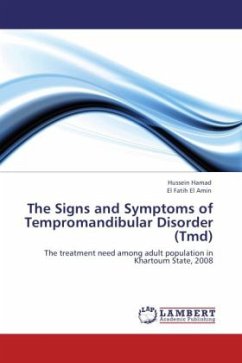
Multiple sclerosis signs and symptoms
Versandkostenfrei!
Versandfertig in 6-10 Tagen
32,99 €
inkl. MwSt.

PAYBACK Punkte
16 °P sammeln!
High Quality Content by WIKIPEDIA articles! Multiple sclerosis can cause a variety of symptoms, changes in sensation (hypoesthesia), muscle weakness, abnormal muscle spasms, or difficulty moving; difficulties with coordination and balance; problems in speech (Dysarthria) or swallowing (Dysphagia), visual problems (Nystagmus, optic neuritis, or diplopia), fatigue and acute or chronic pain syndromes, bladder and bowel difficulties, cognitive impairment, or emotional symptomatology (mainly major depression). The main clinical measure of disability progression and severity of the symptoms is the E...
High Quality Content by WIKIPEDIA articles! Multiple sclerosis can cause a variety of symptoms, changes in sensation (hypoesthesia), muscle weakness, abnormal muscle spasms, or difficulty moving; difficulties with coordination and balance; problems in speech (Dysarthria) or swallowing (Dysphagia), visual problems (Nystagmus, optic neuritis, or diplopia), fatigue and acute or chronic pain syndromes, bladder and bowel difficulties, cognitive impairment, or emotional symptomatology (mainly major depression). The main clinical measure of disability progression and severity of the symptoms is the Expanded Disability Status Scale or EDSS. The initial attacks are often transient, mild (or asymptomatic), and self-limited. They often do not prompt a health care visit and sometimes are only identified in retrospect once the diagnosis has been made based on further attacks.












